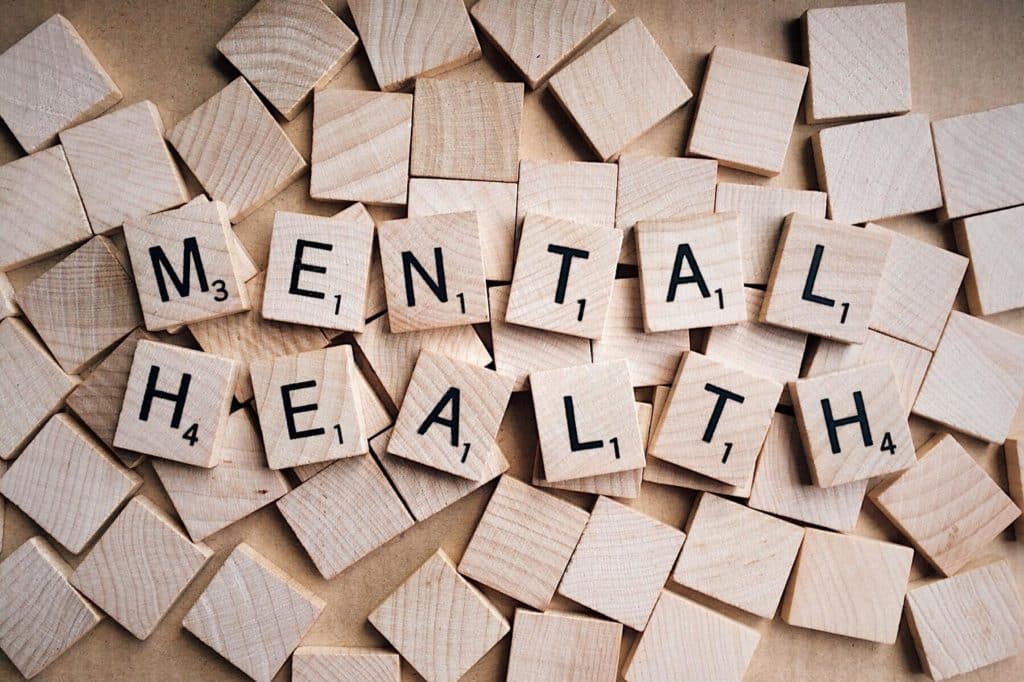Most of us will be aware that employers have a duty of care regarding our physical safety and well-being. Their duties include preventing hazards and addressing risk. But mental health is an aspect of a person’s well-being that may go overlooked in the workplace. It’s a condition that many people believe is the most significant component of their welfare, as it affects a vast number of us. Mental health can have just as vast an impact on our performance at work as physical well-being. But are our workplaces equally responsible?
The Limitations of Law
The United States Department of Labour establishes the legal guidelines for health and safety at work. Although mental well-being technically falls under overall protected health, there is no specific administration in place that solely concentrates on it currently. Employment law has evolved to encompass claims at work against any malpractice, accident, or even injustice regarding mental well-being. The aim is for the law to be a proactive measure in our society. If you are ready to make a personal claim or dispute, you can do so with Zinda Law. Of course, employers hold responsibility, but we should be prepared with the knowledge to protect ourselves too.
Physical Health
The Occupational Safety and Health Administration protects workers’ rights and ensures your employer removes any safety risk from your workplace that could lead to injury or fatality. The four fundamental values here are as follows:
- Preventing new hazards as well as calculating the risk of existing hazards
- Removing risk, and if this is not possible, finding a solution to lower the risk factor
- Adopting safety measures and informing employees of such
- Staying up to date with law changes and technological developments that may impact safety at work
Mental Health
As discussed briefly, mental wellness in the workplace isn’t getting the focus many believe it deserves, despite technically being covered by general health and safety law. Mental well-being includes our emotional, psychological, and social well-being. A positive movement at work is that far more employers are recognizing the impact that emotional welfare has on productivity and effective working. Although they may find it difficult to control external factors that affect our mental health despite the impact this has on work, employers can positively promote good practice. Good mental health practice could look like designated people to speak to who have received appropriate training. If your workplace doesn’t have anything in place in this respect, you can take an element of responsibility here and have a conversation with your employers. Any respectable company would surely wish to lessen poor mental health’s impact on performance.
Final Thoughts
And now we know that by law, our employers are responsible for our overall health, safety, and well-being. It is true, though, that the fight to have mental health taken as seriously as our physical health continues. Consider getting that conversation started in your workplace. When you suggest practices that could improve productivity, your employer will thank you for it.

